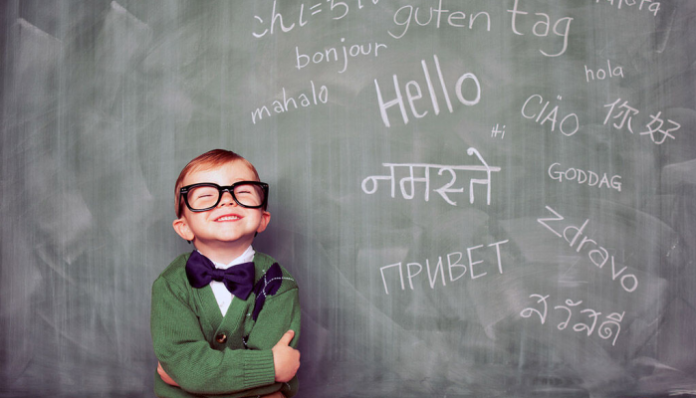Studies show that it is easier to learn a second or even a third language at a young age, because at this age the human mind is younger; However, some parents think that learning a second language as a child can confuse their child. But what is the right way?
Contrary to popular belief, young children are not only confused by learning several languages at the same time, but acquiring a second language early in life prepares the brain to learn several other languages and opens up a world of opportunities for the future.
All researchers agree that the sooner a child starts learning a second language, the better. Some researchers say that second language skills peak at the age of 6 or 7 or earlier. Others claim that this window continues into adulthood, but all agree that it is much more difficult for a child to learn a new language after puberty; This is due to the developmental changes in the brains of infants and children as they learn the language.
Studies at Harvard University confirm that creativity, critical thinking skills, and flexibility of mind increase significantly if children learn a second language at an early age. Preschool years are believed to be a vital part of a child’s life, especially the first three years of life. This is when the foundations of attitude, thinking and learning are laid.
Research has shown that 50% of our ability to learn develops at the age of 4 and another 30% at the age of 8. That’s why 4 years old is the best time to encourage a child to learn a second language. However, this does not mean that 80% of a person’s knowledge and learning is formed before the age of 8, but it does mean that children develop their main learning paths in the first few years of life.
Linguists say that children who learn another language before the age of five use the same part of the brain to learn a second language that they used to learn their mother tongue.
According to IRNA, research shows that learning a second language, in addition to improving memory, concentration and the ability to do multiple tasks, increases problem-solving skills, critical thinking and listening.
Children fluent in other languages also show signs of increased creativity and mental flexibility. The cognitive benefits of language learning have a direct impact on a child’s academic achievement. Compared to children without an additional language, bilingual children have improved reading, writing and math skills and usually score higher on standardized tests.

























































